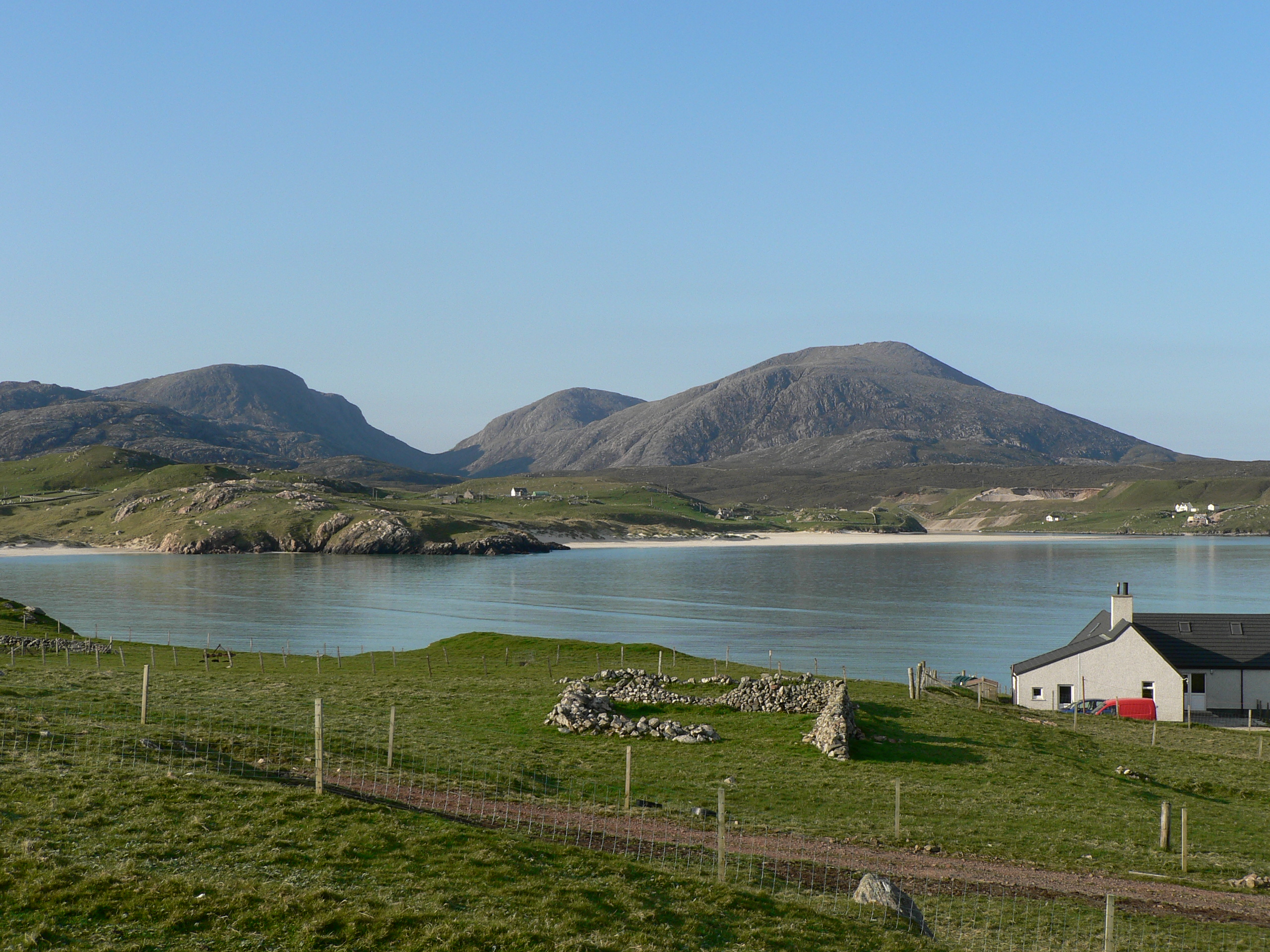Tag: pabbay
Sgìre Ùige
The McVean Hoard
The Macleods of Pabbay and a Mealista Connection
Women of Uig Victorious
Rental Paid in 1725
The Sergeant Mòr of Pabbay
“Strange Conduct of Lewis Crofters”
Highland News, Monday 13 October, 1884:
The Northern Chronicle publishes the following sensational statement which we trust is somewhat exaggerated:– Mr Wm Mackay, Chamberlain of the Lews, has for some time back been engaged in visiting the different parts of the island for the purpose of collecting rents. On Monday last week [30 September 1884] he left for Uig, the people of which district were expected, as customary, to come forward and pay their rents on the following day. The Chamberlain was at Miavaig on Tuesday, to which place a large gathering of crofters and young men marched in a body carrying two banners, on one of which was written “Down with the Landlords” while the other had inscribed on it a Gaelic motto to the effect that the people were stronger than the proprietors. These banners were conspicuously planted in close proximity to Miavaig House, while the people all clustered together on a hillock within a short distance of the road.
The crofters were repeatedly asked to come forward to explain the object of their demonstration, but none answered to the call, until Mr Mackay, recognising one of the men, called him by name, when he came forward and handed the Chamberlain a paper containing requests to the effect that they (the crofters) required all the squatters in the Uig district to be removed off their lands and provided with lands elsewhere; also, that statements be furnished accounting for the expenditure of the school rates, taxes, and road assessments collected for a number of years back; and further that the present holdings of the crofters be increased to the same extent as those occupied by their fore-fathers, and to be held at the old rents.

